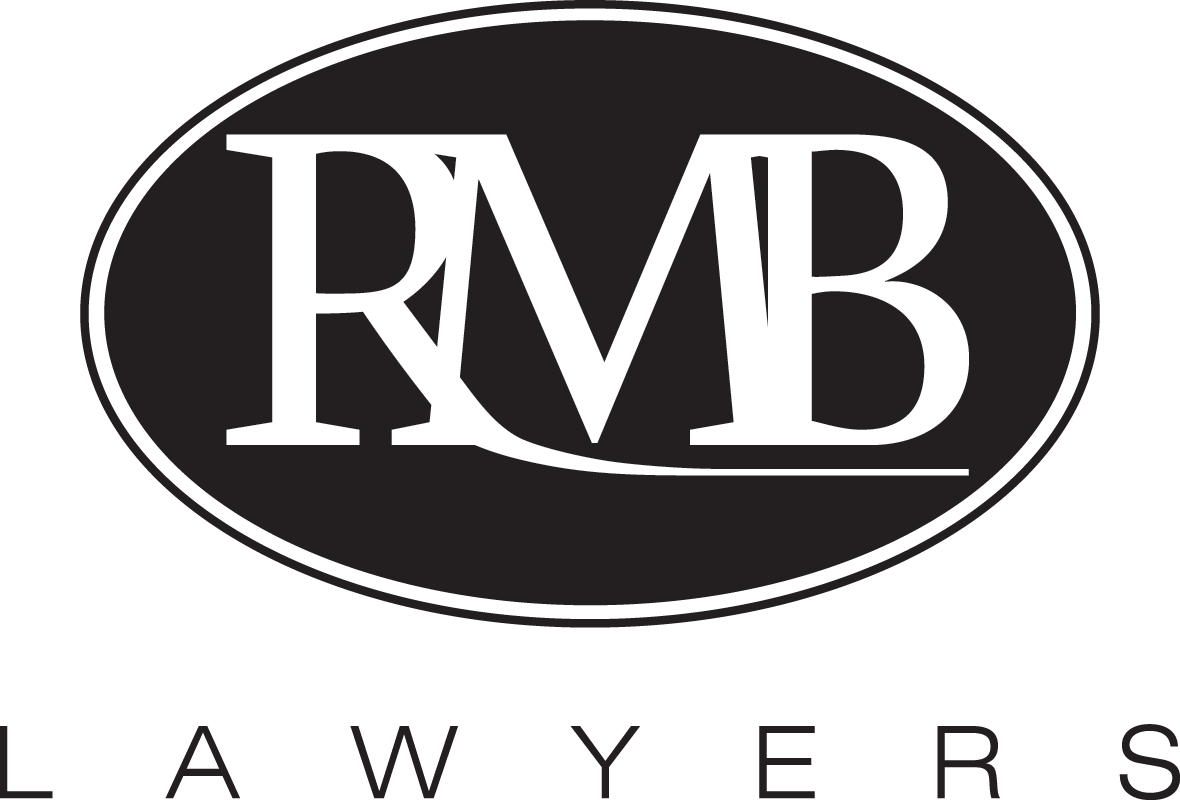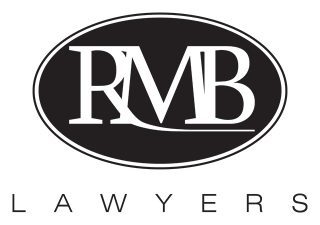Buying real estate is an emotional experience at the best of times, not only might it be your future home, for many of us it is often the biggest purchase of our life, coupled with an auction the pressure is really on. Having said that there may still be a bargain for the astute buyer.
In 2003, after many problems, the laws relating to auctions were updated with new provisions. All bidders must be registered before being allowed to bid and a number system is used to identify bidders. The agent must record bids as they are made and the auctioneer should announce the property is on the market when the reserve price is reached. You must declare if you are bidding on behalf of someone else and a bid cannot be made or accepted after the fall of the hammer. If you are the successful bidder you will be required to sign the Contract and pay your deposit immediately and no cooling off period applies. That means the contract is binding from that point.
The pace of auction proceedings can simply be frantic, with little time to consider or ponder what is happening so the secret is to have done your homework and know exactly what you are getting into.
Firstly you’ll need to have examined the contract thoroughly to ensure no hidden nasties. The agent will have copies of the Contract for Sale, so you should ask for a copy well before the day and have it examined by a solicitor. Additional clauses are often added to a contract so you need to know exactly what the deal is. The contract will also include details of easements, covenants and restrictions that apply to the land, which will be vital in the case you intend building or developing the property.
You will be buying the improvements, that is any house or other structures, ‘as is’ so have them checked out before the auction, it will be too late afterwards if there are termites or faulty structures. Do your homework and know your limit and you will benefit from being in control of your situation. If I can be of help give me a call.


